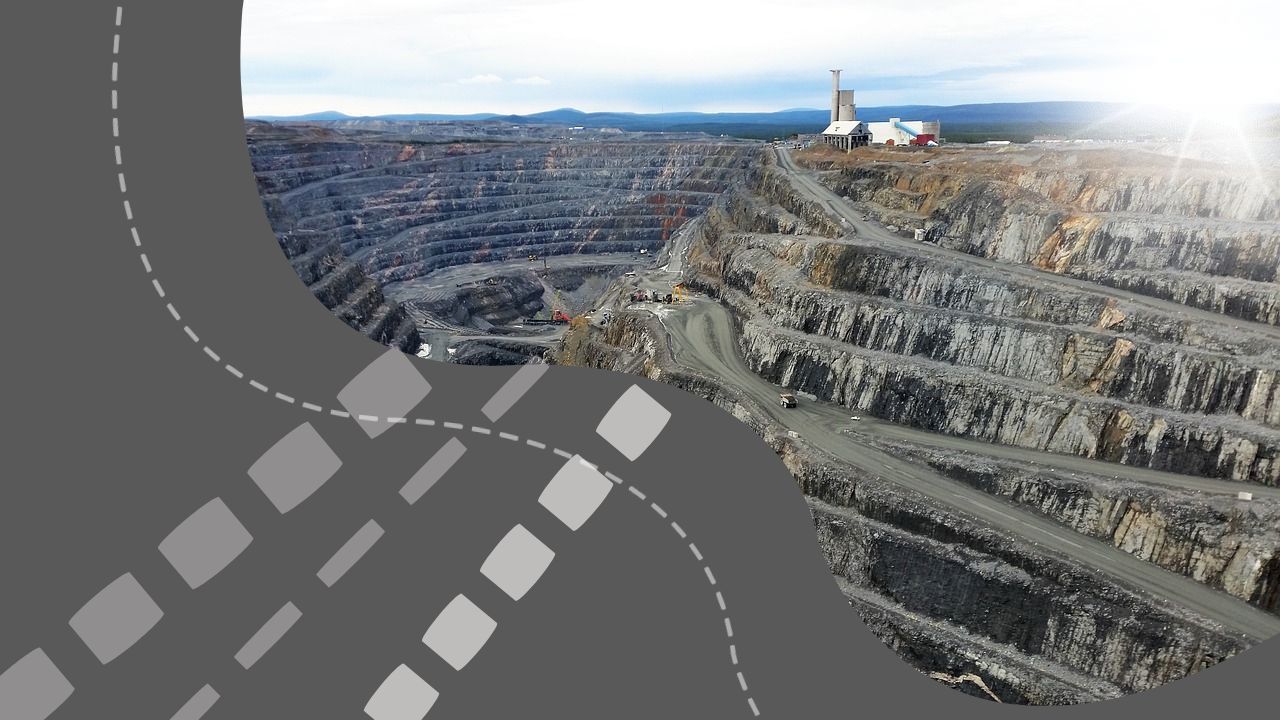ArcelorMittal Poland suspended the production of wire rod at the Sosnowiec plant for the period from November 18 to 27, citing unfavorable conditions on the national market as justification.
According to the Polish Steel Association, apparent consumption of steel products in Poland this year fell by 17% compared to the previous year. According to European Commission estimates, the country will end 2023 with a GDP decline of 0.4% and inflation of 11.1%.
The Sosnowiec plant, located in the south of Poland, is a rolling mill that receives billets from the iron and steel mill D a browa Gornicza. Its capacity is 800 thousand tons per year. Wire rod is the main product of the enterprise, so stopping the rolling mill actually means its temporary decommissioning.
As S&P Global Platts notes, the European long steel market is experiencing a strong decline this year due to the crisis in the regional construction industry. Consumer inventories of rolled steel for construction purposes are low and are unlikely to increase in the foreseeable future.

